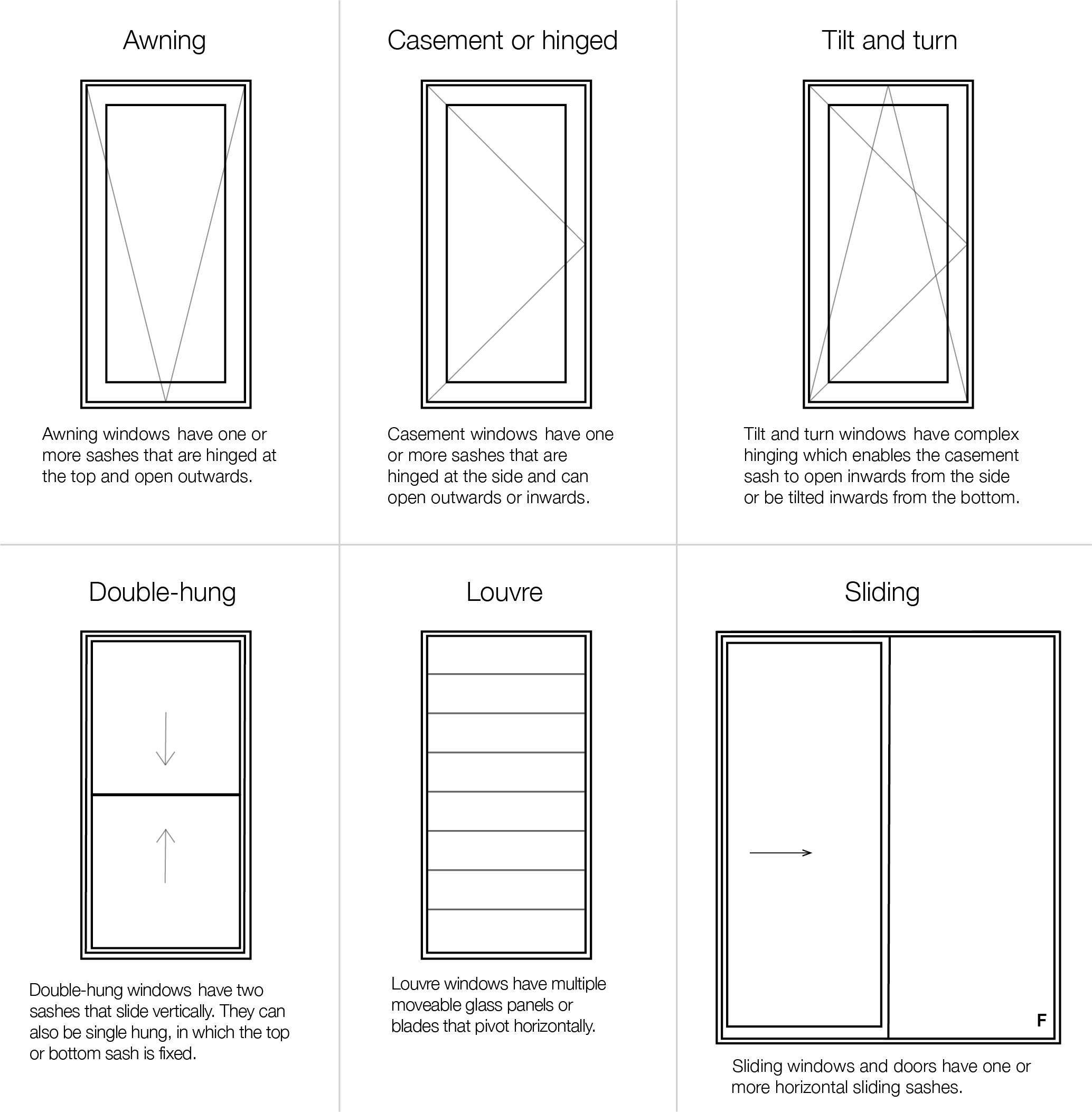All Categories
Featured
Table of Contents
Plastic Window Frames - Best Plastic Double Glazed ... in St James WA
Glazing simply implies the windows in your house, including both openable and set windows, as well as doors with glass and skylights. Glazing in fact simply means the glass part, however it is typically utilized to describe all aspects of an assembly consisting of glass, films, frames and furnishings. Paying attention to all of these elements will assist you to accomplish reliable passive style.

Energy-efficient glazing makes your house more comfy and dramatically reduces your energy expenses. Nevertheless, inappropriate or inadequately designed glazing can be a significant source of undesirable heat gain in summer season and significant heat loss and condensation in winter. Up to 87% of a house's heating energy can be gained and as much as 40% lost through windows.
Twinglaze® Double Glaze Specification Act - Vic in Koongamia WA
Glazing is a substantial investment in the quality of your home. The cost of glazing and the cost of heating and cooling your home are closely associated. An initial financial investment in energy-efficient windows, skylights and doors can greatly lower your annual heating and cooling expense. Energy-efficient glazing likewise reduces the peak heating and cooling load, which can lower the needed size of an air-conditioning system by 30%, leading to further expense savings.

This tool compares window selections to a base level aluminium window with 3mm clear glass. Comprehending some of the essential properties of glass will assist you to pick the best glazing for your house. Secret properties of glass Source: Adapted from the Australian Window Association The amount of light that goes through the glazing is referred to as noticeable light transmittance (VLT) or visible transmittance (VT).
Double Glazed Windows Sydney in Balcatta WA
The U worth for windows (revealed as Uw), describes the conduction of the whole window (glass and frame together). The lower the U worth, the greater a window's resistance to heat flow and the much better its insulating value.
For example, if your home has 70m2 of glazing with aluminium frames and clear glass with a U value of 6. 2W/m2 C, on a winter's night when it is 15C chillier outside compared with indoors, the heat loss through the windows would be: 6. 2 15 70 = 6510W That is equivalent to the total heat output of a large space gas heater or a 6.
How To Retrofit Your Windows With Double Glazing, And Keep ... in Thornlie Western Australia

If you select a window with half the U value (3. 1W/m2 C) (for instance, double glazing with an argon-filled gap and less-conductive frames), you can halve the heat loss: 3. 1 15 70 = 3255W The solar heat gain coefficient (SHGC) for windows (revealed as SHGCw) determines how readily heat from direct sunshine streams through an entire window (glass and frame together).
The lower a window's SHGC, the less solar heat it transfers to the home interior. Glazing producers declare an SHGC for each window type and style. However, the real SHGC for windows is impacted by the angle that solar radiation strikes the glass. This is referred to as the angle of incidence.
Double Glazed Windows Brisbane in Southern River WA
When the sun is perpendicular (at 90) to the glass, it has an angle of incidence of 0 and the window will experience the maximum possible solar heat gain. The SHGC stated by glazing manufacturers is always calculated as having a 0 angle of occurrence. As the angle increases, more solar radiation is shown, and less is sent.
Table of Contents
Latest Posts
8 Benefits Of Double Glazing To Take Advantage Of in Greenmount WA
Single Vs Double Vs Triple - Which Window Is Right For Your ... in Hazelmere Western Australia
Twinglaze® Double Glaze Specification Act - Vic in Coogee Perth
More
Latest Posts
8 Benefits Of Double Glazing To Take Advantage Of in Greenmount WA
Single Vs Double Vs Triple - Which Window Is Right For Your ... in Hazelmere Western Australia
Twinglaze® Double Glaze Specification Act - Vic in Coogee Perth